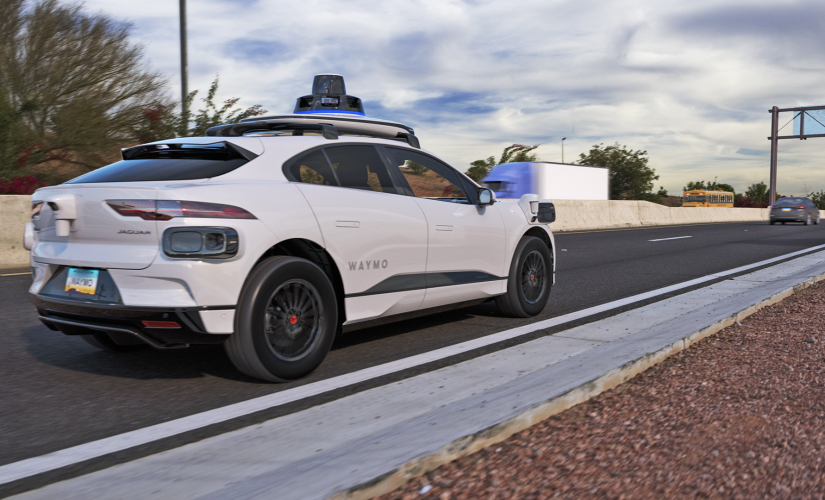Waymo has announced that it will be testing its self-driving cars on U.S. highways. The Alphabet-owned company stated that the driverless cars will be piloted on the freeways of Phoenix, but it will adopt a cautious approach to transporting passengers.
It said that it would take a “step-by-step” approach to rolling out the scheme, initially offering rider-only trips to its employees. The robotaxi rides will then be made available to Waymo One app users.
However, there has been criticism of Waymo’s self-driving taxis in the past, with some noting software failures, as well as a lack of data transparency. When it comes to crashes involving cars with autonomous technology, the National Highway Traffic Safety Administration said Waymo reported the most with 62 incidents in 2022.
In a statement, Waymo reassured riders that it had “years of safe and proven experience of operating fleets,” adding that it was following the same processes outlined by its safety framework that helped launch its service three years ago.
“We continuously iterate and improve our technology and operations through a rigorous process that combines structured testing, simulation, and public road operations so we’re prepared for this next phase,” it continued.
Providing a safe, reliable and efficient service for our riders is key to our future success. 🤖🚘🛣️
We’ll soon begin testing of our rider-only operations without a human driver on freeways in Phoenix. See how we’re safely approaching this next step: https://t.co/1hQnp2XuAL pic.twitter.com/ZAmDxUy7lT
— Waymo (@Waymo) January 8, 2024
Waymo said it would carry on structured testing, simulations, and public road operations, while gathering feedback from its employees, before opening the service to Waymo One riders.
Where can I ride in a Waymo self-driving car?
Waymo’s autonomous taxi service is now available in four U.S. cities including San Francisco, Los Angeles, Texas, and now in Phoenix.
Last summer, Waymo reorganized its staff substantially as a result of its decision to focus on the ride-hailing industry, moving away from autonomous trucks in a bid to ramp up their commercial efforts. Since then, there has been little word on whether the program would proceed.
Waymo began conducting trials of its autonomous vehicle technology in trucks in 2017 and expanded its trucking program to Arizona and Texas in subsequent years. The company made significant progress in the trucking industry, including a test program delivering supplies to Google data centers in Atlanta.
Featured Image: Waymo




